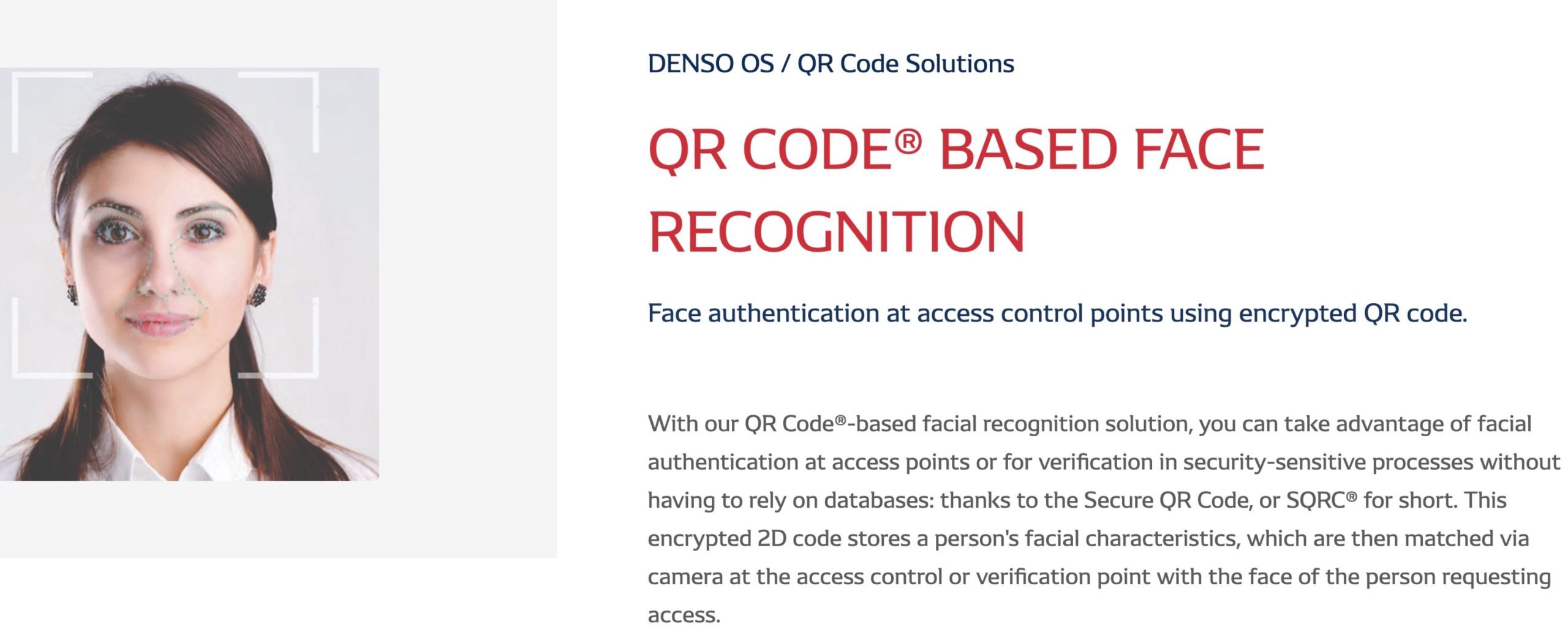The trend of employing facial recognition devices in any place where a large number of people gather and circulate – such as airports, stadiums, and even the high street – is becoming clear and evident.
The entertainment industry is no exception, with proliferation continuing at pace at concert venues and festivals.
Those who fear increasingly efficient mass surveillance as the result of this trend see the reason for that fear precisely in the scale of the biometric data captured in these places.
But those pushing for more and more adoption say this is done to ensure security (prevent ticket scalping, and such) and speed things up – aka, “streamline access” by avoiding long queues.
That’s essentially a call to “embrace convenience” in exchange for true security, and privacy – and it’s a call most people find hard to resist.
In the US, many stadiums that are venues for games played as part of professional leagues are already using what reports call “advanced systems,” while companies like Denso Wave are emerging as key sellers.

Denso Wave’s original “claim to fame” was QR tech, but now, facial recognition has been “integrated” into this, with the product, Secure QR Code (SQRC) used at festivals and other similar events.
In the sports world, it is not just the US and the likes of the MLB (The Great American Ballpark in Cincinnati now “boasts” facial recognition) that are examples of the proliferation of facial recognition targeting fans.
Nor is Japan’s Denso the only industry “leader” – biometric ID verification is also actively developed and sold by the Korea Creative Content Agency, among many others. This particular company stepped in to “secure” K-Pop concert tickets.
In Europe, ticket sellers and football venues in countries as far apart as Denmark and Cyprus have all turned to facial recognition-powered surveillance, and this is always presented as something positive – such as a “clamp down on scalping” that is at the same time “user friendly.”
In Denmark, this concerns Ticketbutler partnering with Noticket, a company that promises to “revolutionize events with modern technology” by providing an “event tool” that combines precise data collection for organizers.
In the US, many stadiums that are venues for games played as part of professional leagues are already using what reports call “advanced systems,” while companies like Denso Wave are emerging as key sellers.
The trend of employing facial recognition devices in any place where a large number of people gather and circulate – such as airports, stadiums, and even the high street – is becoming clear and evident.
The entertainment industry is no exception, with proliferation continuing at pace at concert venues and festivals.
Those who fear increasingly efficient mass surveillance as the result of this trend see the reason for that fear precisely in the scale of the biometric data captured in these places.
But those pushing for more and more adoption say this is done to ensure security (prevent ticket scalping, and such) and speed things up – aka, “streamline access” by avoiding long queues.
That’s essentially a call to “embrace convenience” in exchange for true security, and privacy – and it’s a call most people find hard to resist.
In the US, many stadiums that are venues for games played as part of professional leagues are already using what reports call “advanced systems,” while companies like Denso Wave are emerging as key sellers.

Denso Wave’s original “claim to fame” was QR tech, but now, facial recognition has been “integrated” into this, with the product, Secure QR Code (SQRC) used at festivals and other similar events.
In the sports world, it is not just the US and the likes of the MLB (The Great American Ballpark in Cincinnati now “boasts” facial recognition) that are examples of the proliferation of facial recognition targeting fans.
Nor is Japan’s Denso the only industry “leader” – biometric ID verification is also actively developed and sold by the Korea Creative Content Agency, among many others. This particular company stepped in to “secure” K-Pop concert tickets.
In Europe, ticket sellers and football venues in countries as far apart as Denmark and Cyprus have all turned to facial recognition-powered surveillance, and this is always presented as something positive – such as a “clamp down on scalping” that is at the same time “user friendly.”
In Denmark, this concerns Ticketbutler partnering with Noticket, a company that promises to “revolutionize events with modern technology” by providing an “event tool” that combines precise data collection for organizers.
https://www.infowars.com/posts/facial-recognition-continues-to-proliferate-at-concerts-and-festivals2024-08-23T05:47:23.000Z2024-08-23T05:47:23.000Z
